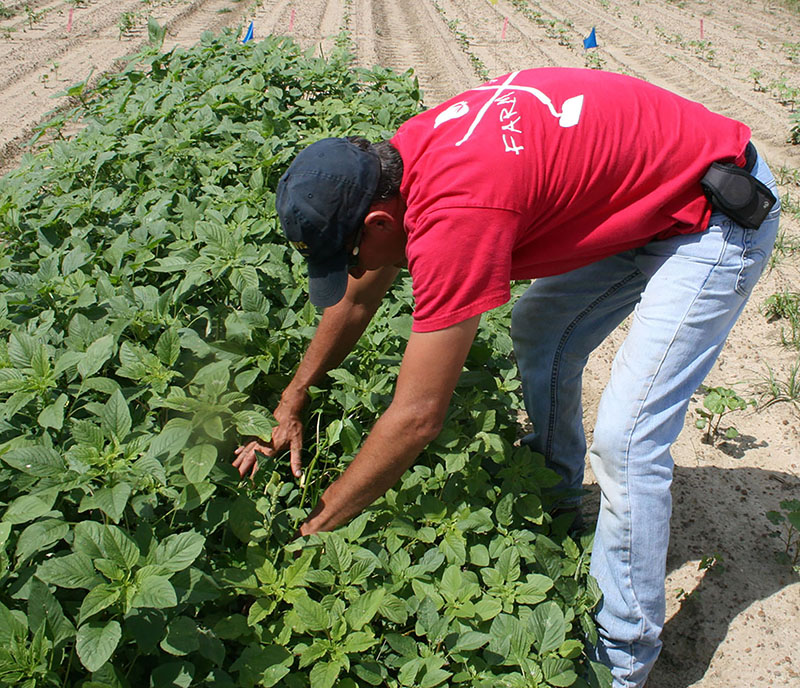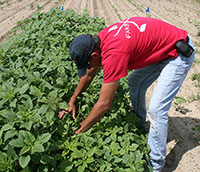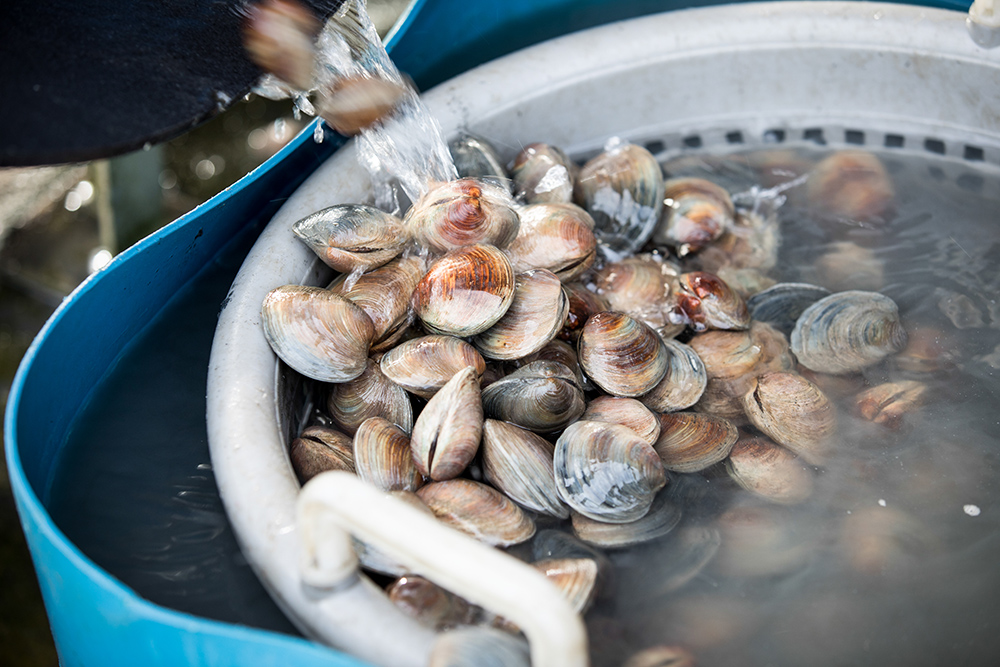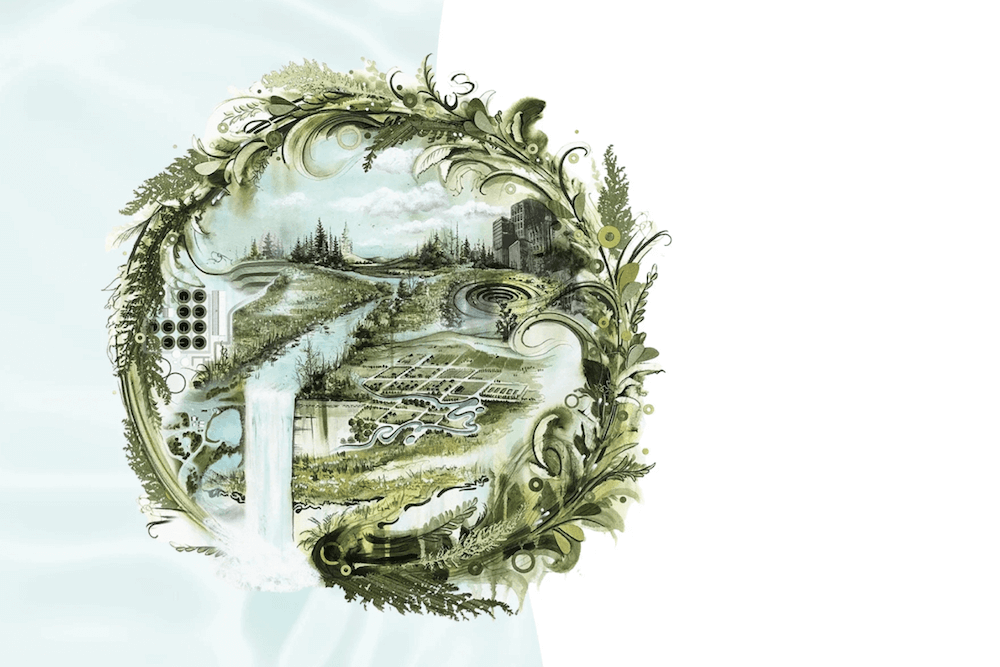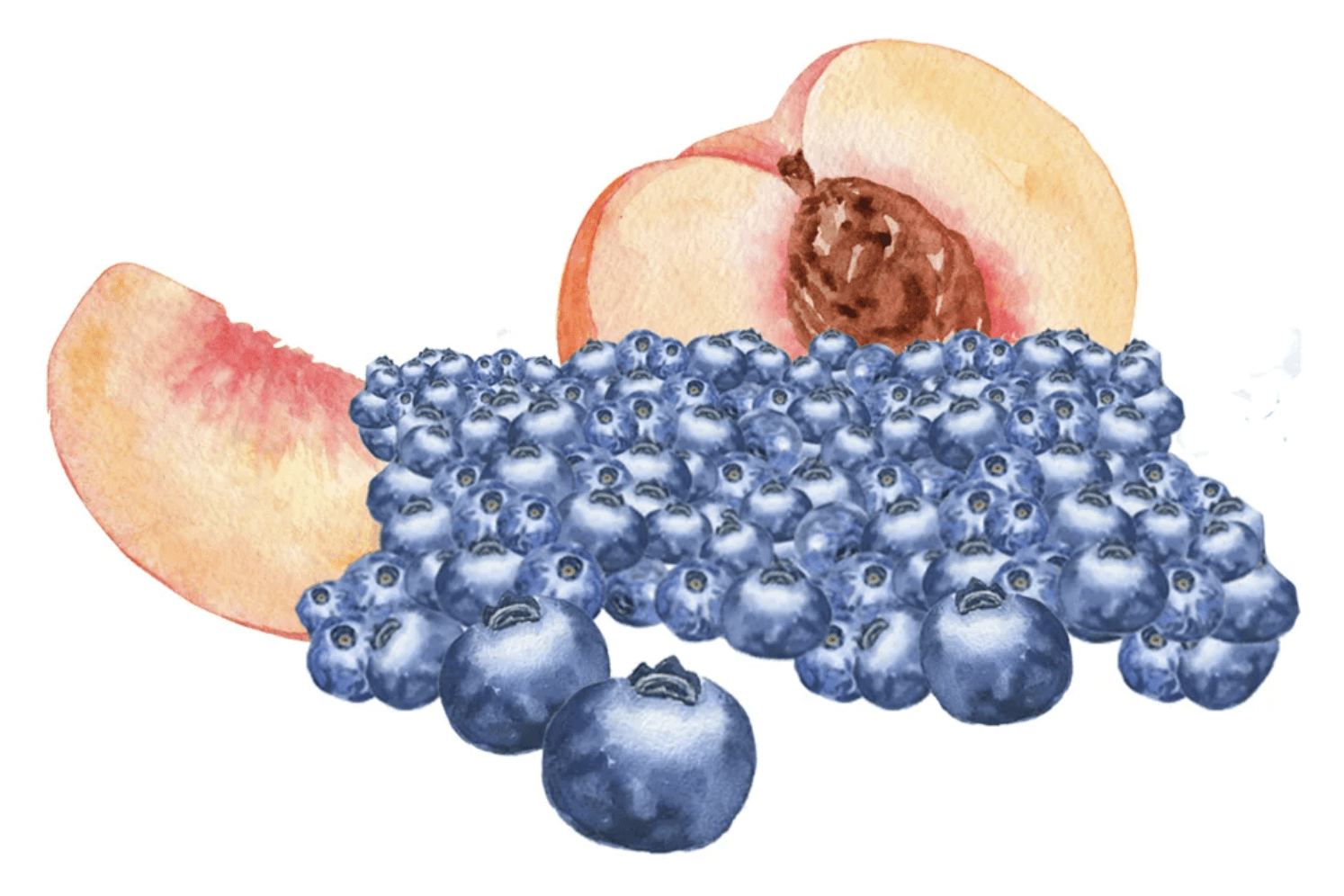Two University of Georgia graduate students have received grant money to pursue research into producers’ attitudes towards sustainable agriculture.
The U.S. Department of Agriculture’s Southern Sustainable Agriculture Research and Education (SARE) program provides graduate grant money to conduct research on sustainable agriculture topics. This year, 88 researchers applied and 22 grants were awarded, two of those to students at UGA.
David Weisberger, a doctoral candidate in the Department of Crop and Soil Sciences at the UGA College of Agricultural and Environmental Sciences (CAES), received $14,797 to fund his project evaluating the perceptions on Palmer amaranth management among Georgia farmers. Emily Ramsey, a doctoral candidate in the UGA Department of Anthropology who is working with Jennifer Jo Thompson, associate research scientist in the Department of Crop and Soil Sciences and director of UGA’s Sustainable Food Systems Initiative, received $16,380 to fund her research study on how to increase community-supported agriculture (CSA) and farmers market utilization by immigrant farmers in southeastern Florida.
“Interdisciplinary graduate students like David and Emily are truly leading efforts in the college around sustainable agriculture,” said Thompson, who advises both students’ research projects. “I am also deeply encouraged that SARE recognizes and supports the value of social science research for sustainable agriculture and the important work these students are doing.”
The use of weed-tolerant crop varieties and glyphosate-reliant cropping systems have become standard practice in the Southeast over the last 20 years, but farmers have recently had to deal with glyphosate-resistant weeds such Palmer amaranth. To cope, farmers have reincorporated deep tillage practices to rid their fields of weeds, but deep tillage can damage soil and water quality. Cover crops have also been used to offset the deep tillage practices, but it can add to management complexity, Weisberger said.
During his study, Weisberger wants to identify how different stakeholder groups view the management of Palmer amaranth, describe the range of viewpoints he records, and determine how stakeholders rate the on-farm viability of different management practices.
Palmer amaranth has plagued Georgia’s cotton crop for quite some time, so performing extensive research on this area of sustainability could prove substantially productive for the state and the region.
Ramsey hopes to investigate why limited-resource farmers in south Florida aren’t taking advantage of direct-to-consumer sales, and she'd also like to learn how this population of farmers makes marketing decisions.
According to Ramsey, the number of farms reporting direct-to-consumer sales dropped fairly substantially from 2012 to 2017, which can be a troubling sign for farmers, since these sales comprise the bulk of many small farmers’ income. While farmers markets still remain an important outlet for farmers to sell produce and products, many immigrant farmers in south Florida choose to sell to wholesalers rather than these direct-to-consumer outlets.
Through her research, she will use surveys on area farmers markets and CSAs, semi-structured interviews with market managers and farmers, and conduct long-term participant observations among a cohort of farmers.
SARE’s goal is to “support farmers and ranchers, researchers, educators and community organizations as they explore and implement sustainable agricultural production and marketing practices.”
For more information about collaborative projects that support sustainable agriculture, visit the UGA Sustainable Food Systems Initiative website.

